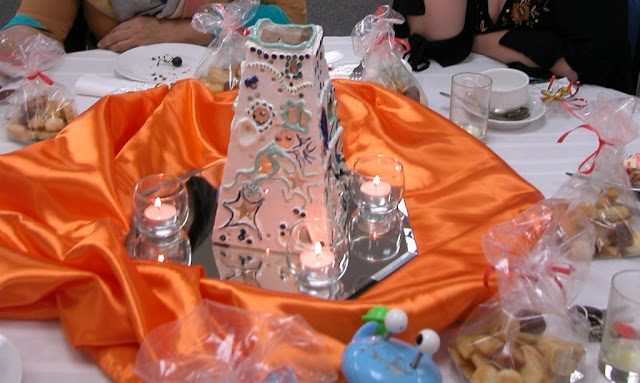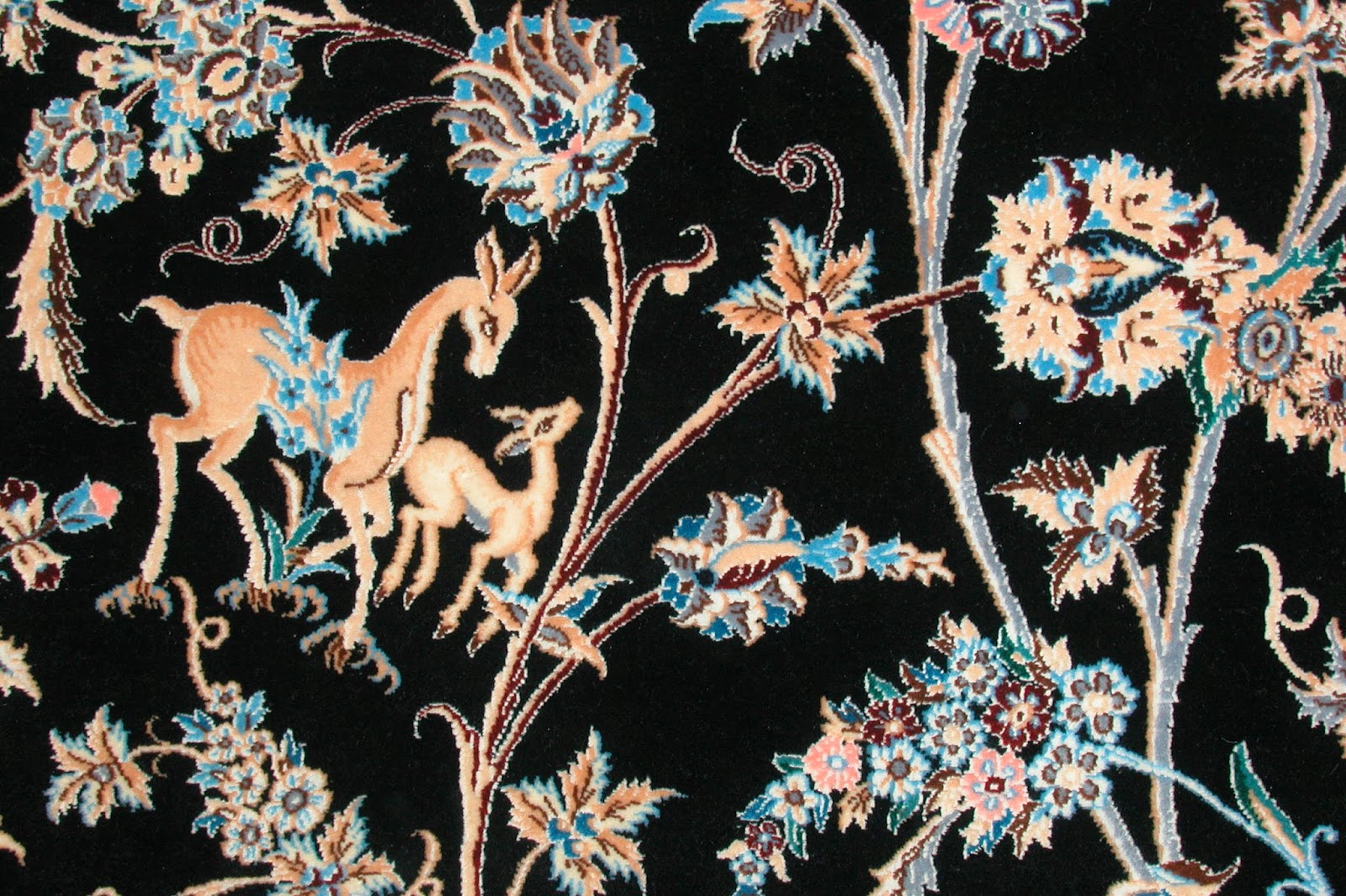Talk Given at 60th Anniversary
Talk Given at 60th Anniversary of the Dhahran Women’s Group, May 3rd, 2007, Saudi Aramco
 |
| Learning to let our light shine out |
Welcome.
In particular, to our honoured guest and speaker, Mr Mazen Snobar, Executive Director of Community Services and his wife, Naheel. We welcome too our other special guests, Mr Ahmed Zahid, CCSD Manager and Mr Richard Ksiazek, Administrator, Recreation Services Division, CCSD.
And of course, we welcome all our very special guests, members of the Dhahran Women’s Group, our Board and especially our wonderful volunteers and friends.
We come here from all over the world, a disparate bunch, derived from a variety of cultures, heralding from a multiplicity of lands and speaking a cacophany of tongues.
Like many an expatriate population, we are subject to both unique privileges and peculiar privations. The privileges are well-documented and often future-oriented – to do with establishing a nest egg, ensuring a better life for one’s children, or, as we all here, probably too often, say to each other, “we’re here for the money!”
The privations are less talked-about and, interestingly enough, often relate to the present – to leaving behind hearth and home, kith and kin, and travelling far - far away from family, far away from community, from country, away from everything known and familiar, to take your place for a long and often unknown period of time in amongst a complex community that is both diverse and transient, and yet intimately connected as Aramcons. For dependent wives in particular, the process can leave us feeling disconnected, alienated, disempowered – in short, something less than human.
In Africa, we talk about Ubuntu. Ubuntu says, “I am human because I belong, I participate, I share.” (Desmond Tutu). Ubuntu cuts to, “The essence of being human. We say a person is a person through other persons. I can't be human in isolation. I need you to be all you can be so that I can become me and all that I can be.” (Desmond Tutu)
And so it is that within this relatively small geographical area of about 5 by 8 kilometres, we are tasked with the responsibility of creating for ourselves a community out of individuals, of coming together to learn from each other and support each other in the fundamentally important task of becoming fully human.
Important words cross across languages – so it is with Wasta which from Urdu translates simply as “connectedness.” In its original manifestation then, wasta is about this - the empty hand - and not this - the iron fist. Wasta sought to ensure a more equitable distribution of scarce resources. In a parched land, though I may have the power to prevent you from accessing water, chances are your mother’s sister’s husband’s son’s cousin could very well be married to my daughter. It is this sense of interrelatedness, the importance of connections, the sense of community that I am wanting to focus upon.
Continuing with the analogy of the hand, if I hold out my hand - thus - with its fingers radiating out, in itself it delineates what it is to be connected, to reach out, to draw in, to draw together. For, as we all should know:
“Relationships - of all kinds - are like sand held in your hand. Held loosely, with an open hand, the sand remains where it is. The minute you close your hand and squeeze tightly to hold on, the sand trickles through your fingers.” Kaleel Jamison
Community organisations – self-directed groups – operate with an unacknowledged premiss that participation is better than isolation, that groups can do more than individuals and it is through such activities that we will become more fully ourselves. And so it is that the Dhahran Women’s Group, the first and oldest self-directed group, predating – dare I say it? – even Recreation, celebrates its 60th year of existence. During that time, we have striven to live up to our mission statement:
“The purpose of the group shall be to offer service to the community, to welcome newcomers, and to sponsor welfare, social, cultural, educational and recreational activities.”
If you pick up the program in front of you, you will find there how many people it takes to make an event like this successful. In fact, so many individuals were involved, we can only thank them formally through written acknowledgement. Tonight’s event was only possible with the help of other self-directed groups too, such as the Dhahran Oasis Quilt Guild for our wonderful anniversary quilt, the Dhahran Art Group for their help in making the stunning centre-pieces, Dhahran Garden Group and Gardening Services for their liaison and help in turning this place into an oasis. Tamimi we thank for catering and also the personal loan from the Tamimi family of many of our furnishings tonight. Lastly, we thank Recreation for their support of tonight’s event which has ensured a refund. Thank you one and all.
In the process of putting together this event, we have had to work hard on becoming people with ubuntu, learning to be “open and available to others, affirming of others … attaining a proper self-assurance … (so that we) belong in a greater whole,” since, “By being more of myself, I am able to share more of me with you.” (Kaleel Jamison). Each of the houses on each table was made by an individual, many of whom had never taken pottery or done an art or craft before, and were hesistant and frightened. But as the process unfolded, so did their creativity and uniqueness begin to shine out,
and the houses become wilder and funkier and the process more joyous.
But as we should know, “Our deepest fear is not that we are inadequate. Our deepest fear is that we are powerful beyond measure. It is our light, not our darkness, that most frightens us … And as we let our own light shine, we unconsciously give other people permission to do the same. As we are liberated from our own fear, our presence automatically liberates others.” (Marianne Williamson)
I will end with a poem by Wallace Stevens, The Idea of Order at Key West, which describes a woman walking by the sea and singing. It begins, “She sang beyond the genius of the sea,” and continues:
She was the single artificer of the world
In which she sang. And when she sang, the sea,
Whatever self it had, became the self
That was her song, for she was the maker. Then we,
As we beheld her striding there alone,
Knew that there never was a world for her
Except the one she sang and, singing, made.
Welcome to the world we made.





Comments
Post a Comment